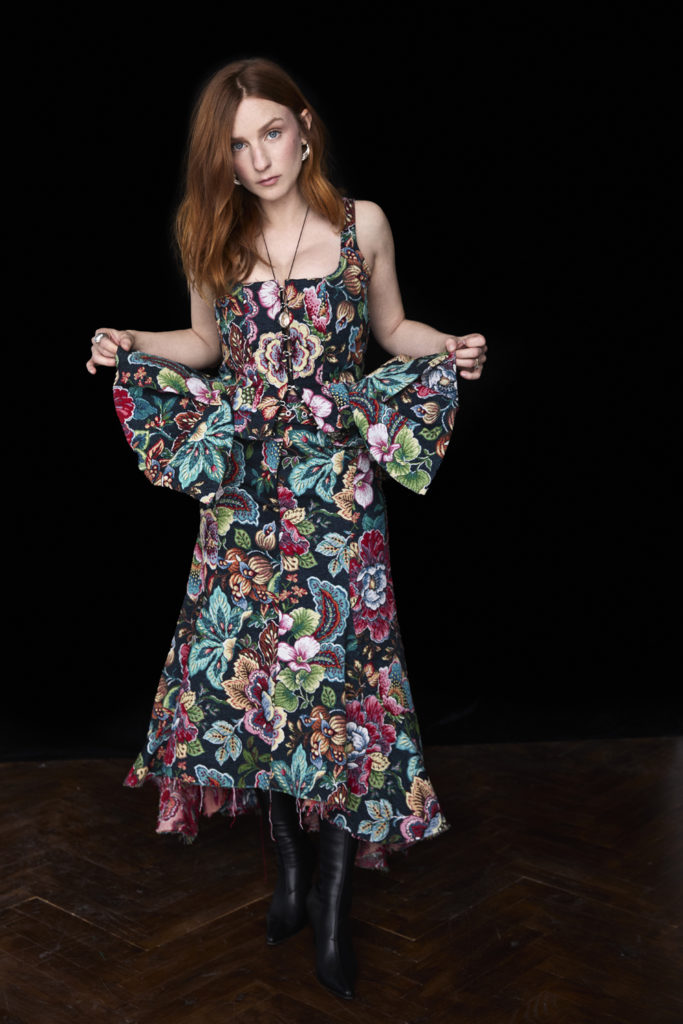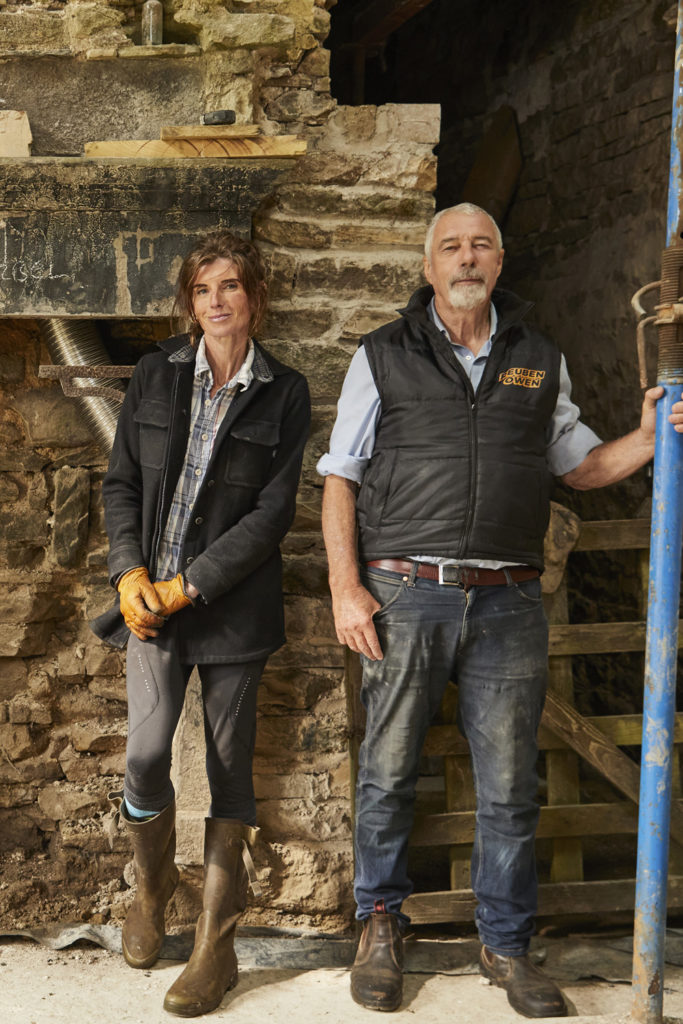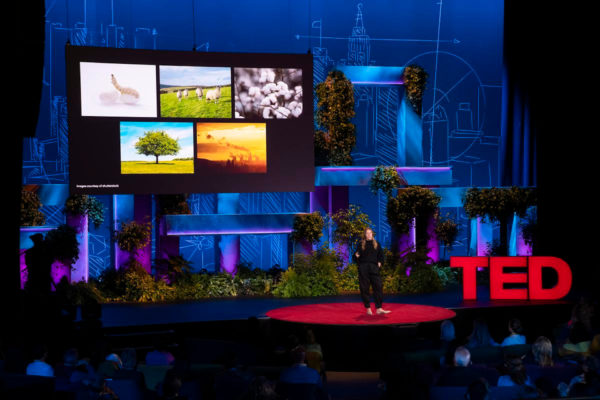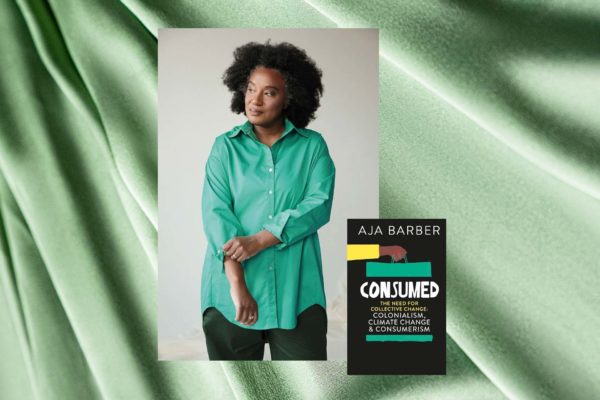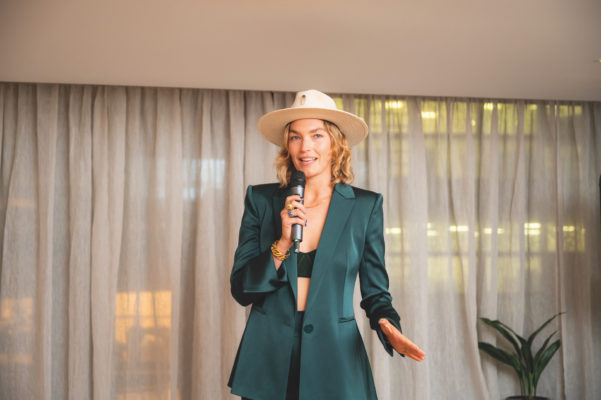5 Women Doing Amazing Things For The Climate Fight
By
1 year ago
Meet the women shaping the future of climate action
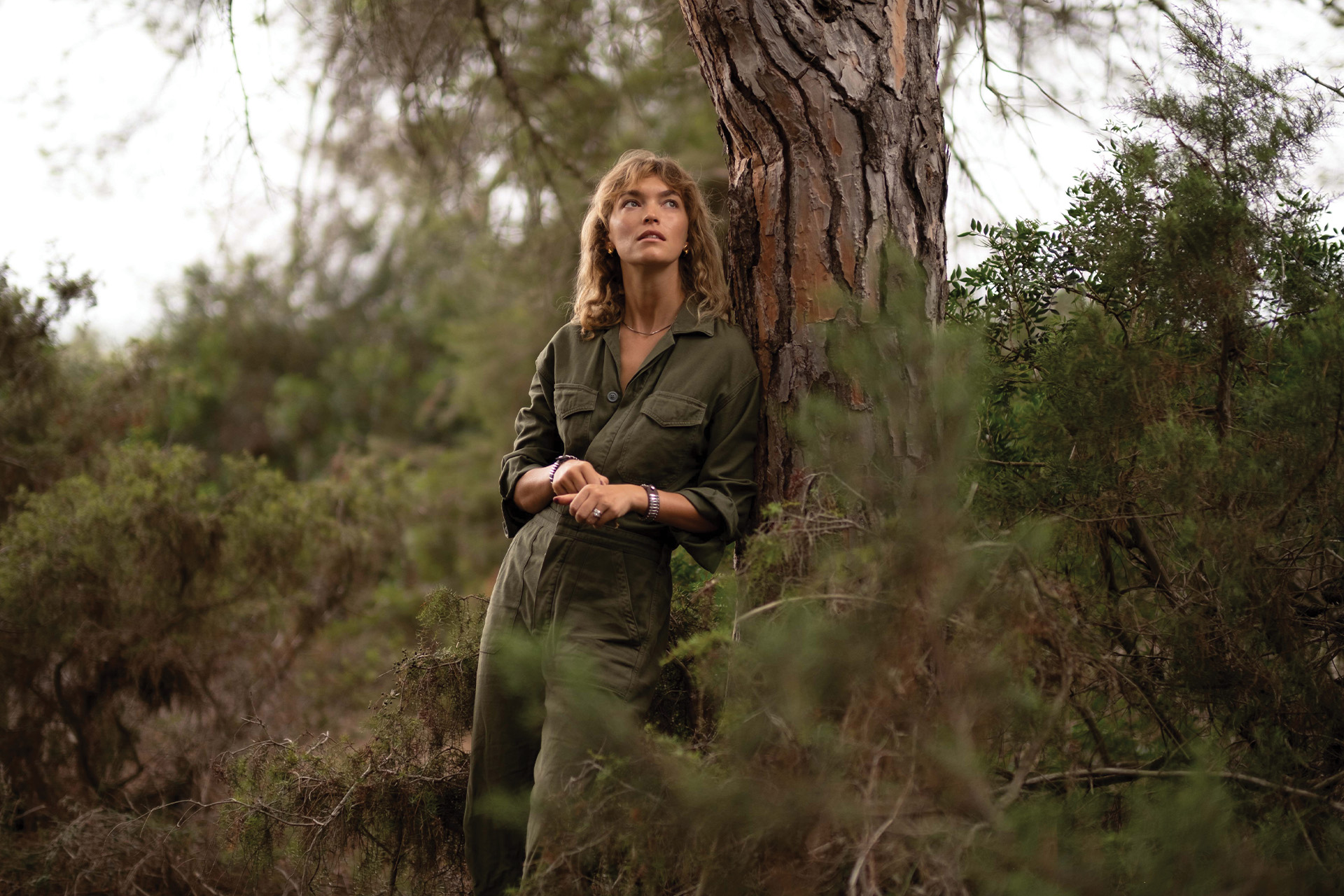
This International Women’s Day, we’re revisiting some of the female climate activists that have (and continue to) inspired us over the years. These are the women putting us on the right track to address the climate crisis.
Women Speaking Up For The Planet: Female Climate Activists To Know Now
View this post on Instagram
Greta Thunberg
Greta Thunberg likely doesn’t need much introduction. The environmental activist is probably best known for founding ‘Fridays for Future’ (sometimes known as the ‘School Strike for Climate’) in 2018, during which she staged solo protests outside Swedish parliament and sparked a global movement of students participating in strikes for climate action. Thunberg has since gone on to deliver talks and speeches worldwide, notably at the World Economic Forum and the United Nations, drawing attention to the urgency of addressing climate change and has been nominated for the Nobel Peace Prize on multiple occasions. A symbol of youth action at just 21 years old, Thunberg continues to attend and organise protests.
Follow: @gretathunberg
View this post on Instagram
Arizona Muse
As a model, environmental activist and founder of biodynamic farming charity DIRT, Arizona Muse has a lot of strings to her bow. Her green lightbulb moment came when she realised that clothes (more specifically, the fibres that make clothing) are grown in soil. ‘I have been educating myself and changing this system around growing clothes,’ Muse told C&TH. ‘Because leather, silk, wool, linen, cotton – everything we wear – are grown for us by farmers, but we often treat those farmers terribly.’ Promoting sustainable fashion practices, including awareness of alternative fabrics and fair labour practices, Muse uses her platform to highlight the significance of biodiversity in agriculture and the interconnectedness of various industries, such as fashion and forestry, in contributing to environmental degradation.
Follow: @arizona_muse
View this post on Instagram
Mikaela Loach
Mikaela Loach is quickly becoming one of the UK’s leading voices on climate justice activism. Her work, which focuses on reframing the climate change debate to include racial equality as a pathway to a better world for all, has earned Loach acclaim from the likes of Forbes, Global Citizen and BBC Woman’s Hour – and all for good reason. Some of her most impactful work includes taking the UK government to court over public payments to fossil fuel companies, launching an inclusive environmental activism podcast, The YIKES Podcast, and penning a (now best-selling) book, It’s Not That Radical: Climate Action To Transform Our World. And she’s only in her mid-20s.
Follow: @mikaelaloach
View this post on Instagram
Clover Hogan
Ever heard of the term ‘eco-anxiety‘? Many of us can feel small in the face of the climate crisis, but activist and eco-anxiety researcher Clover Hogan assures us that overcoming our emotional distress is the best way we can move towards finding solutions. The founding Executive Director of youth nonprofit Force of Nature, Hogan has helped empower people all over the world in their journey towards taking meaningful climate action. She’s appeared as a public speaker at numerous global events, sharing the stage with renowned figures like Jane Goodall and Vandana Shiva, and delivering a viral TED Talk titled ‘What to do when climate change feels unstoppable‘.
Follow: @cloverhogan
View this post on Instagram
Aja Barber
‘How can fashion be ethical and sustainable, and still fast and incredibly cheap?’ Aja Barber once asked C&TH. ‘It’s that whole triangle: cheap, fast, good. You can have it fast and good, but it won’t be cheap. You can have it cheap and fast, but… Basically, you cannot have all three.’ The writer, stylist, consultant and sustainable fashion advocate can often be found using her platform to encourage systemic change in the fashion industry, addressing the intersections of privilege, wealth inequality, racism, feminism and colonialism to shed light on how these power structures influence consumer habits. Her work, which emphasises the importance of understanding privilege and dismantling oppressive systems to create a more sustainable and equitable future for all, can be explored more in her book Consumed: The Need for Collective Change.
Follow: @ajabarber

